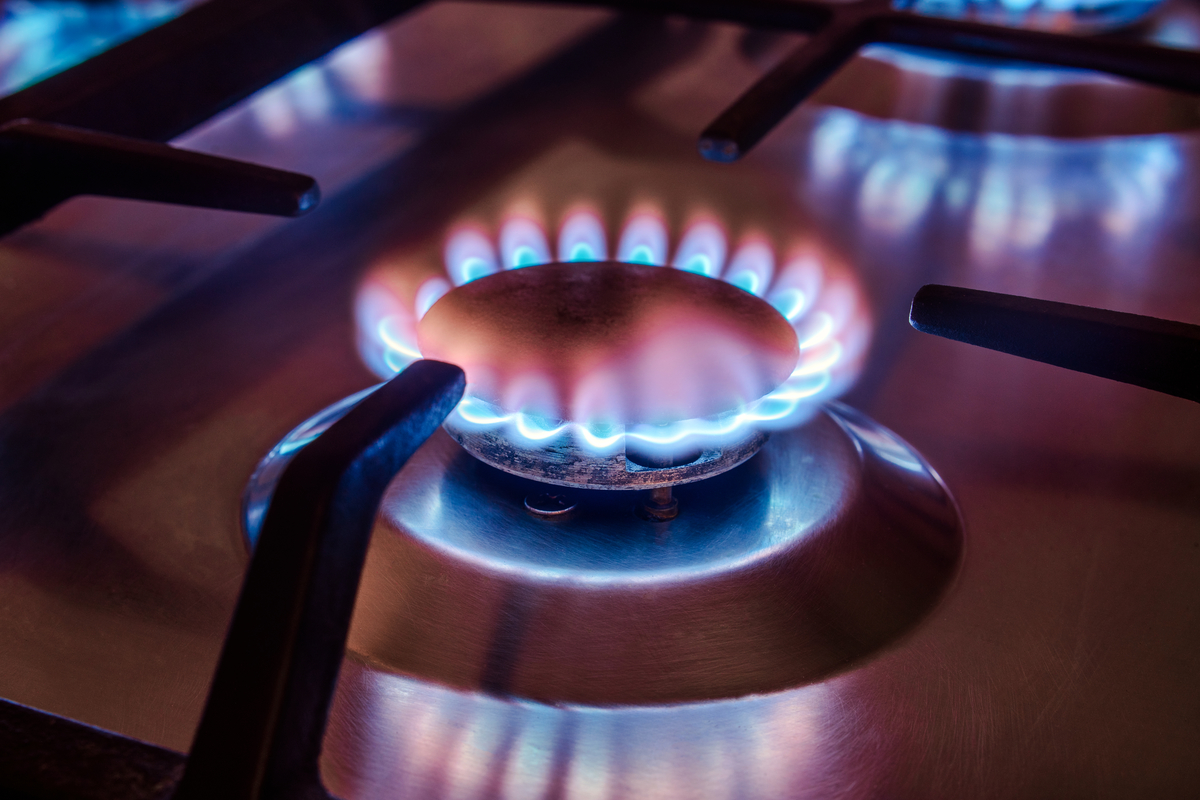Dear visitor,
You're reading 1 of your 3 free news articles this quarter
Register with us for free to get unlimited news, dedicated newsletters, and access to 5 exclusive Premium articles designed to help you stay in the know.
Join the UK's leading credit and lending community in less than 60 seconds.
Bulb becomes first energy supplier to enter special administration
The special administration Bulb has entered is only used if the regulator is unable to find another company to take over an energy firm’s customers.

Senior Journalist, covering the Credit Strategy and Turnaround, Restructuring & Insolvency News brands.
It’s the first energy company to use this process, which will see the government fund its continued operation of the business until a more permanent solution can be found.
The energy supplier has said it’s starting to explore fundraising options, adding that the rising energy crisis has concerned investors.
The collapse of the UK’s seventh biggest energy provider has been expected by industry rivals for some time, with some sources describing the company to The Guardian as the “walking dead” after it struggled to find new investment.
The firm’s fall into administration, which has more than 1.5 million customers, brings the total number of households affected by a failed energy supplier to more than 3.7 million.
It’s understood Bulb is carrying between £600m and £1bn worth of debt, with sources telling The Guardian this could be too steep for most companies to shoulder without government help. The outlet was also told that, given the size of Bulb, it would probably require the regulator to use an administrator to keep the company going over the winter.
Bulb has said the process to appoint special administrators has not yet been completed but it expects to appoint them shortly. This administrator will then seek either a rescue deal, restructuring or sale of the business.
Commenting on the collapse, energy market intelligence firm Cornwall Insight’s head of relationship development Robert Buckley said it marked “dark times for the energy sector”. He added: “The failure of Bulb highlights the stress suppliers have been under this autumn.
“Suppliers have been squeezed with the default tariff price cap limiting the amount they can charge and a wholesale market price that has far exceeded this.”
A lot of suppliers have been heavily hit by the current gas price crisis, which has seen gas in the UK being traded as high as 400p a therm. This resulted in the energy price cap going up by £139 at the start of October for people on a default tariff, while prepayment customers saw an increase of £153.
There has been criticism of the price cap by some suppliers. As such, Ofgem has launched five consultations on proposals to ensure that the price cap “reflects the costs, risks and uncertainties” facing energy suppliers.
Launched last week (19 November 2021), the regulator will be consulting on issues such as the methodology on the default tariff cap, the energy company obligation scheme and the potential impact of increased wholesale volatility.
Stay up-to-date with the latest articles from the Credit Strategy team
Get the latest industry news






